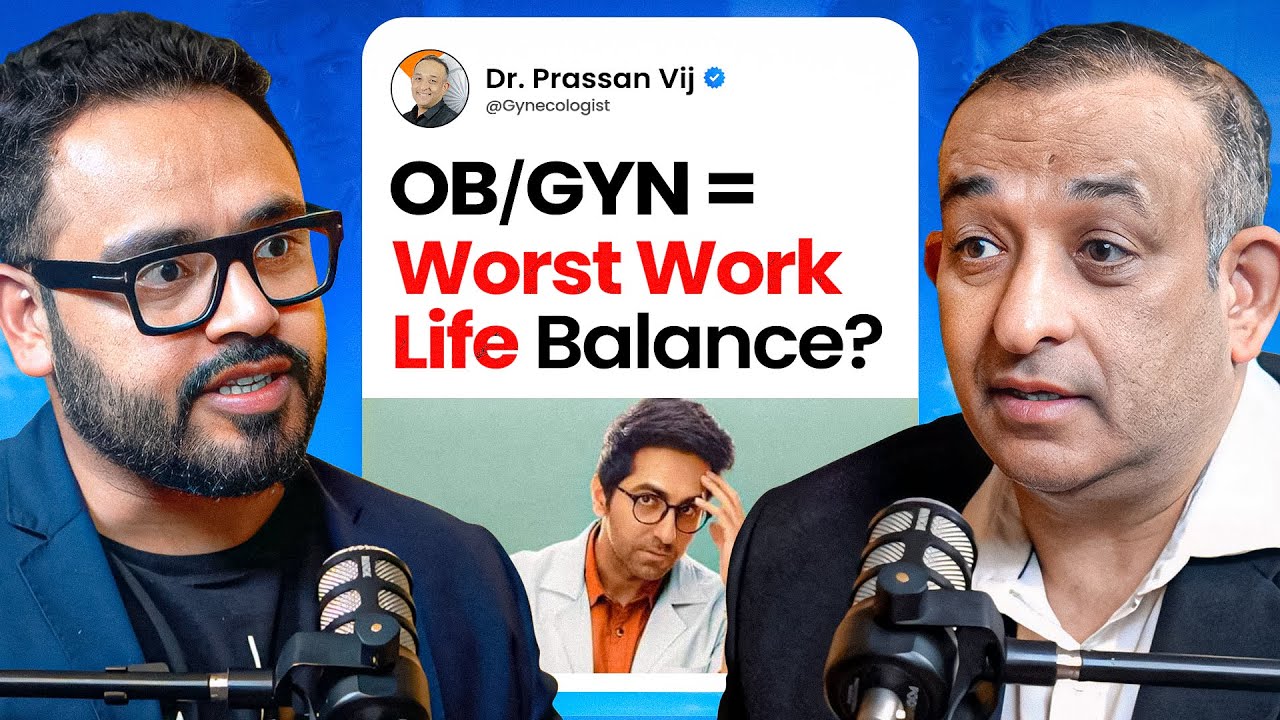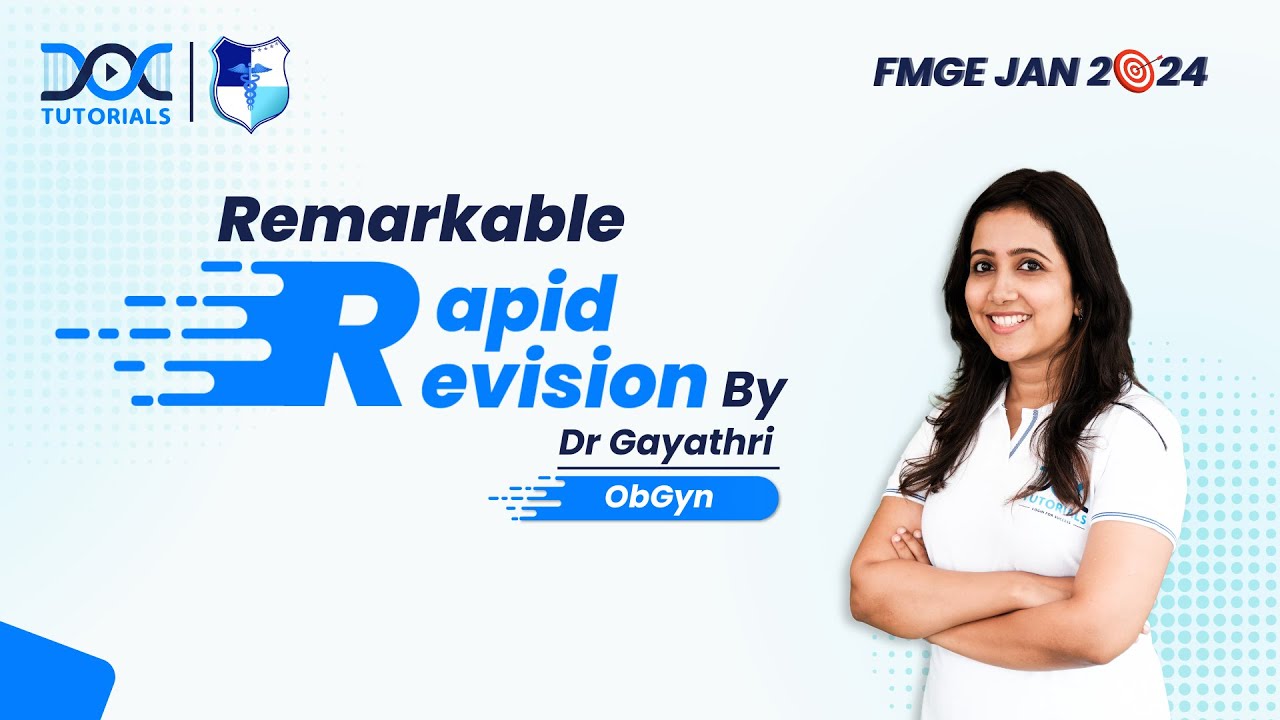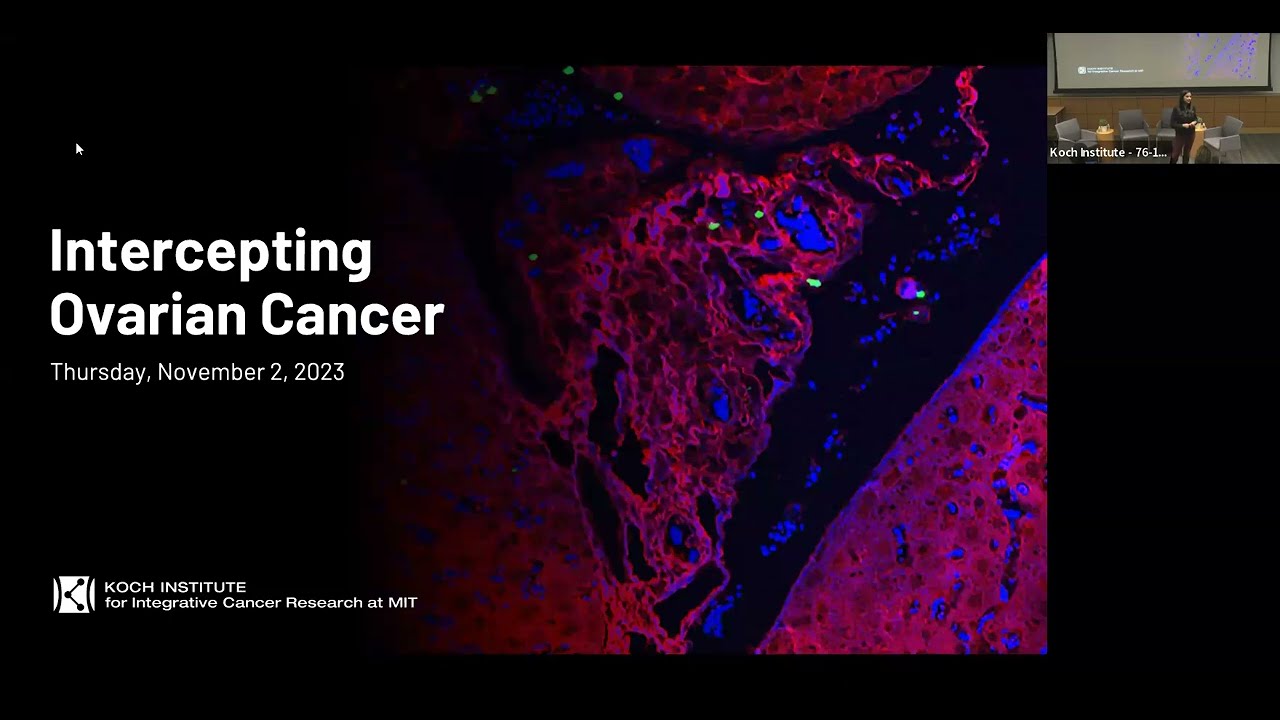NEW YORK (Reuters Health) – In recurrent ovarian cancer, combination docetaxel and carboplatin may provide an advantage in terms of progression-free survival (PFS) over sequential docetaxel-carboplatin, according to results of a phase 2 study.
However, the toxicity profile and quality of life findings favor the sequential regimen. The study is published online November 9 in the journal Cancer.
In an email to Reuters Health, first author Dr. Angeles Alvarez Secord of Duke University Medical Center, Durham, North Carolina, said, “Both regimens may be acceptable for women with platinum-sensitive ovarian cancer. The advantages and disadvantages of each approach should be discussed.”
“The decision should be based on patients’ therapeutic goals (PFS vs quality of life), prior toxicities from chemotherapy, disease burden, and performance status,” she added.
Study participants included 150 women with recurrent platinum-sensitive epithelial ovarian cancer. They received either weekly docetaxel on days one and eight and carboplatin on day one every three weeks (combination arm) or docetaxel on days one and eight every three weeks for six cycles followed by carboplatin on day one every three weeks for six cycles or until disease progression (sequential arm).
The trial was initially a phase 3 randomized comparative trial that was amended to a phase 2 randomized trial that compared the arms to a historical control due to low patient recruitment.
The response rate was 55.4% in the combination arm versus 43.2% in the sequential arm and PFS was 13.7 months versus 8.4 months, respectively, favoring the combination regimen.
“In the exploratory analysis the PFS was significantly longer for patients treated with combination therapy compared to those treated with sequential therapy,” Dr. Secord said.
However, the toxicity profile was worse for patients treated with combination therapy compared to sequential therapy. The incidence of grade 2 or 3 neurotoxicity and grade 3 or 4 neutropenia was higher with combination than with sequential therapy (11.7% vs 8.5% and 36.8% vs 11.3%, respectively). Quality of life was also worse with combination therapy.
“Our data highlight the tradeoff between efficacy and toxicity that is central to treatment decisions,” Dr. Secord and colleagues write.
The median overall survival was similar in both arms (33.2 months vs 30.1 months); however, the study was not powered to assess overall survival.
Dr. Secord said, since a phase 3 study in recurrent ovarian cancer “may never happen, this trial may represent the most information regarding sequential monotherapy that we will ever have.”
Despite surgery and platinum/taxane chemotherapy for ovarian cancer, most patients (80%) will develop a recurrence, Dr. Peter G. Rose of the Cleveland Clinic, Women’s Health Institute in Ohio notes in a commentary.
The design of the current trial, he points out, involves giving a taxane before giving a platinum in a platinum-sensitive patient population, with the intent of prolonging the platinum-free interval and potentially enhancing the probability of a response to sequential carboplatin. He notes, however, that 14% of patients never received carboplatin in the sequential arm.
Dr. Rose says the study design (giving sequential docetaxel followed by carboplatin) “did not appear to be putting the best foot forward. A more ideal study would have included two sequential arms – one starting with docetaxel and one starting with carboplatin.”
Nonetheless, Dr. Rose says the investigators are to be “congratulated for addressing an important question in recurrent ovarian cancer. Only by addressing important questions in a randomized fashion will we be able to provide a clearer treatment path for both physicians and patients.”
Reference:






